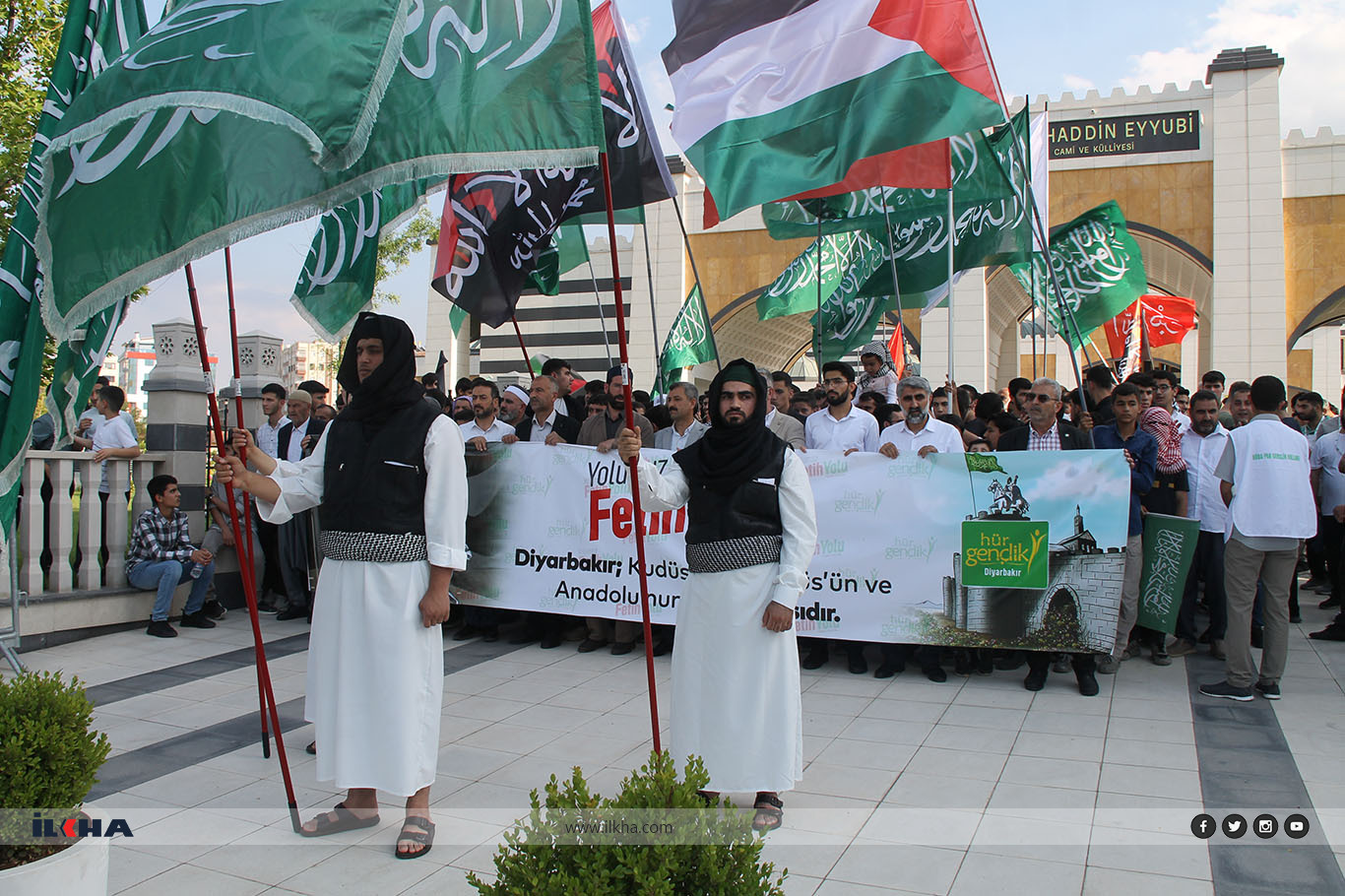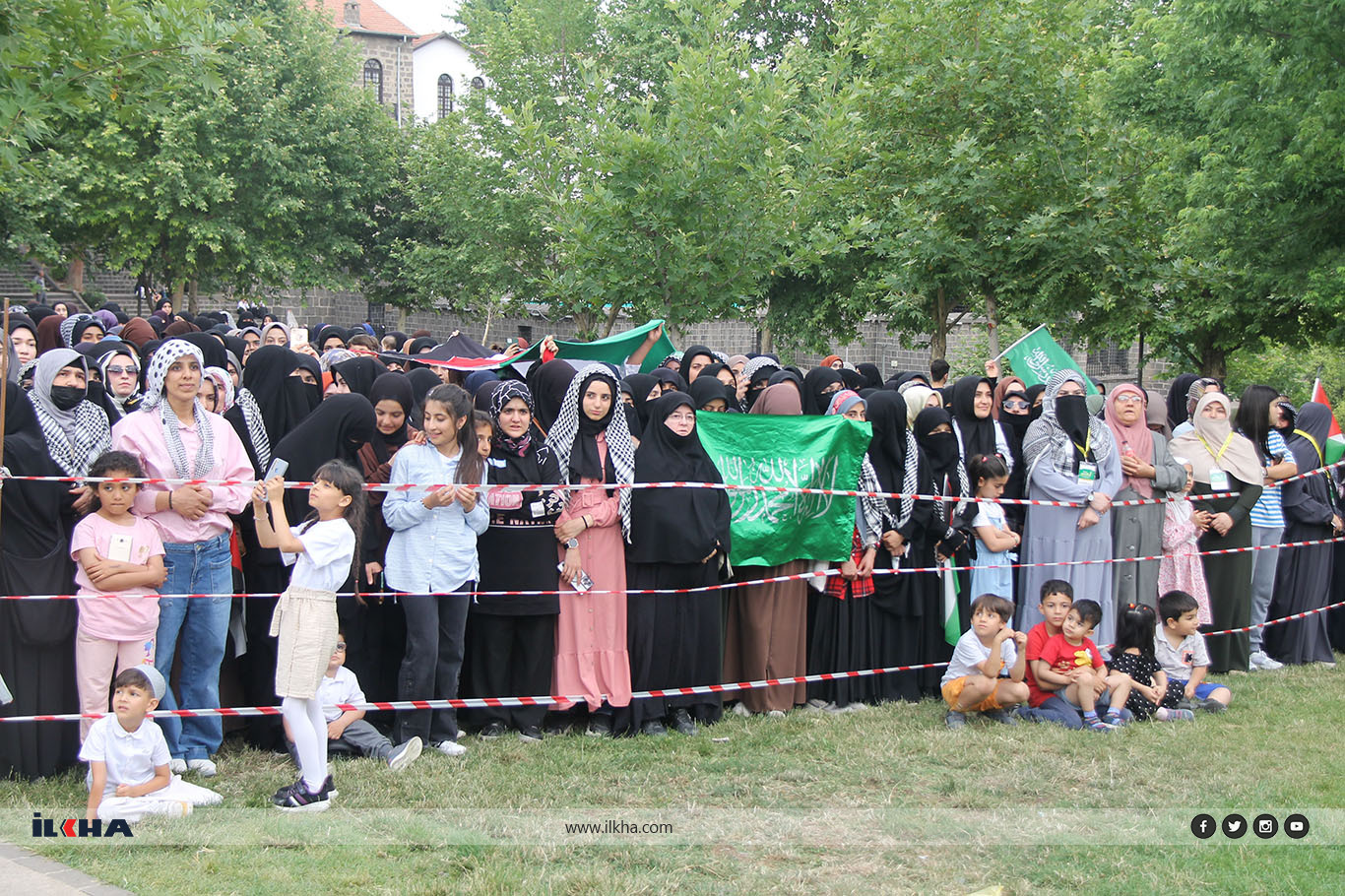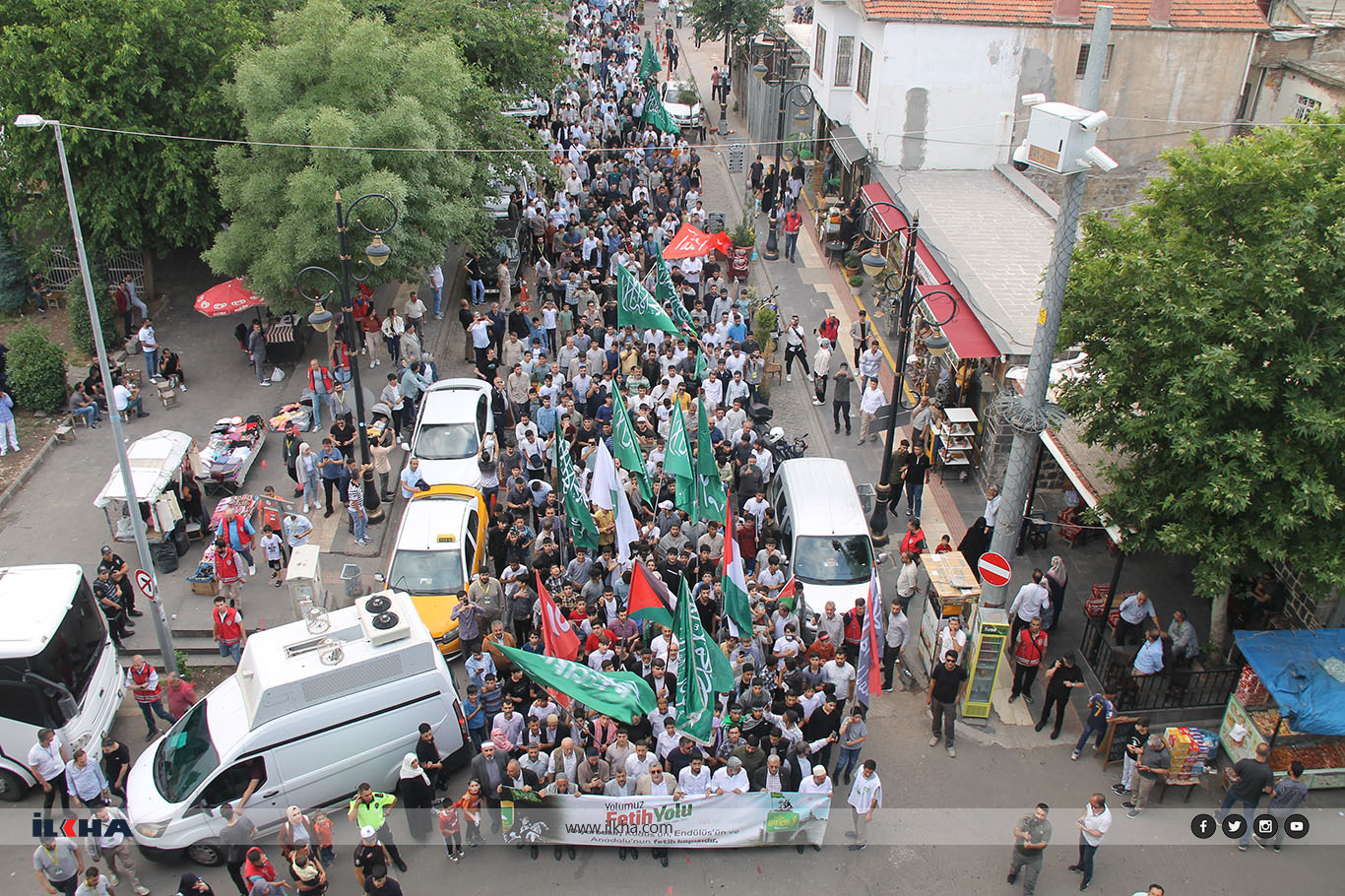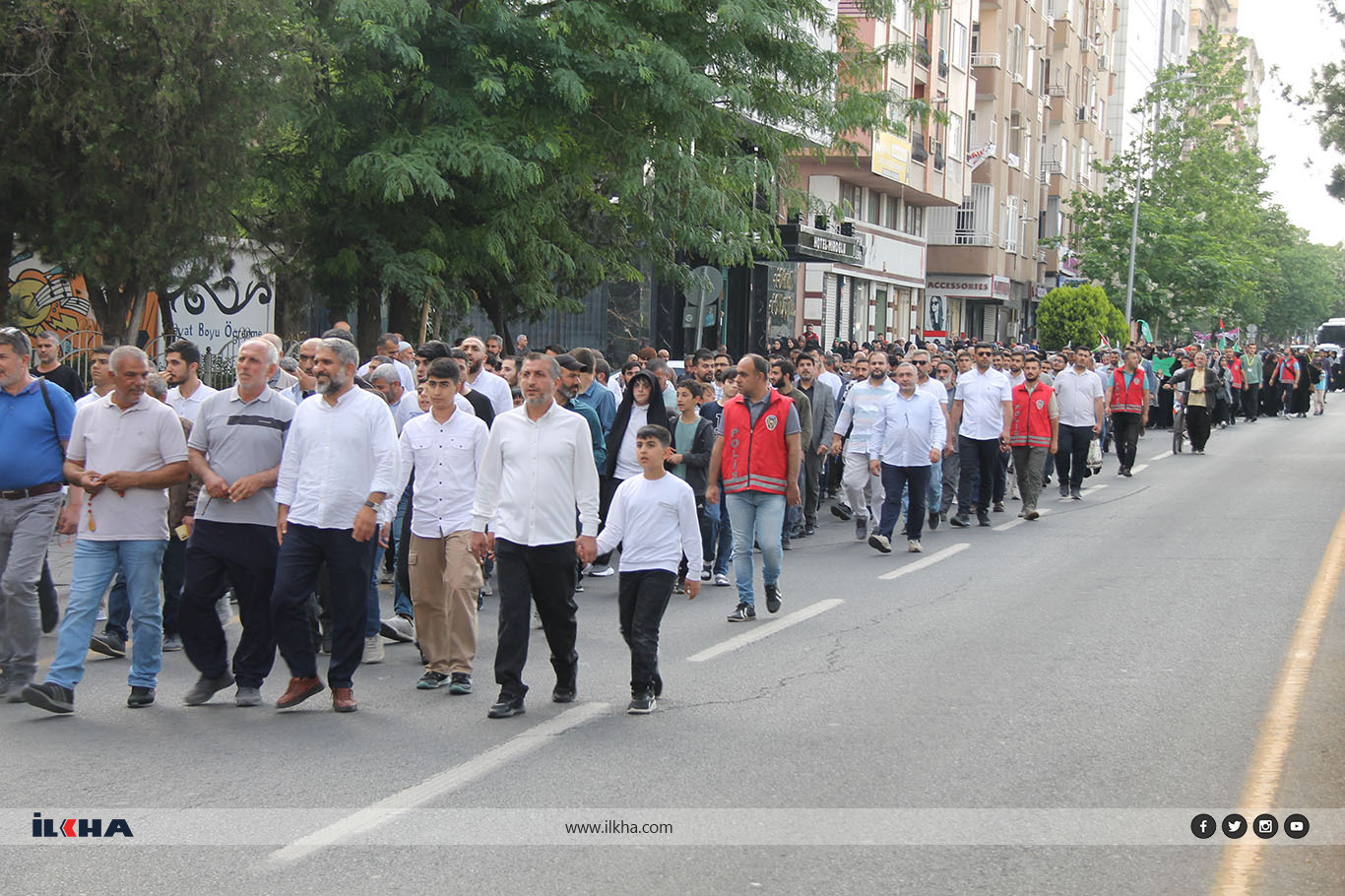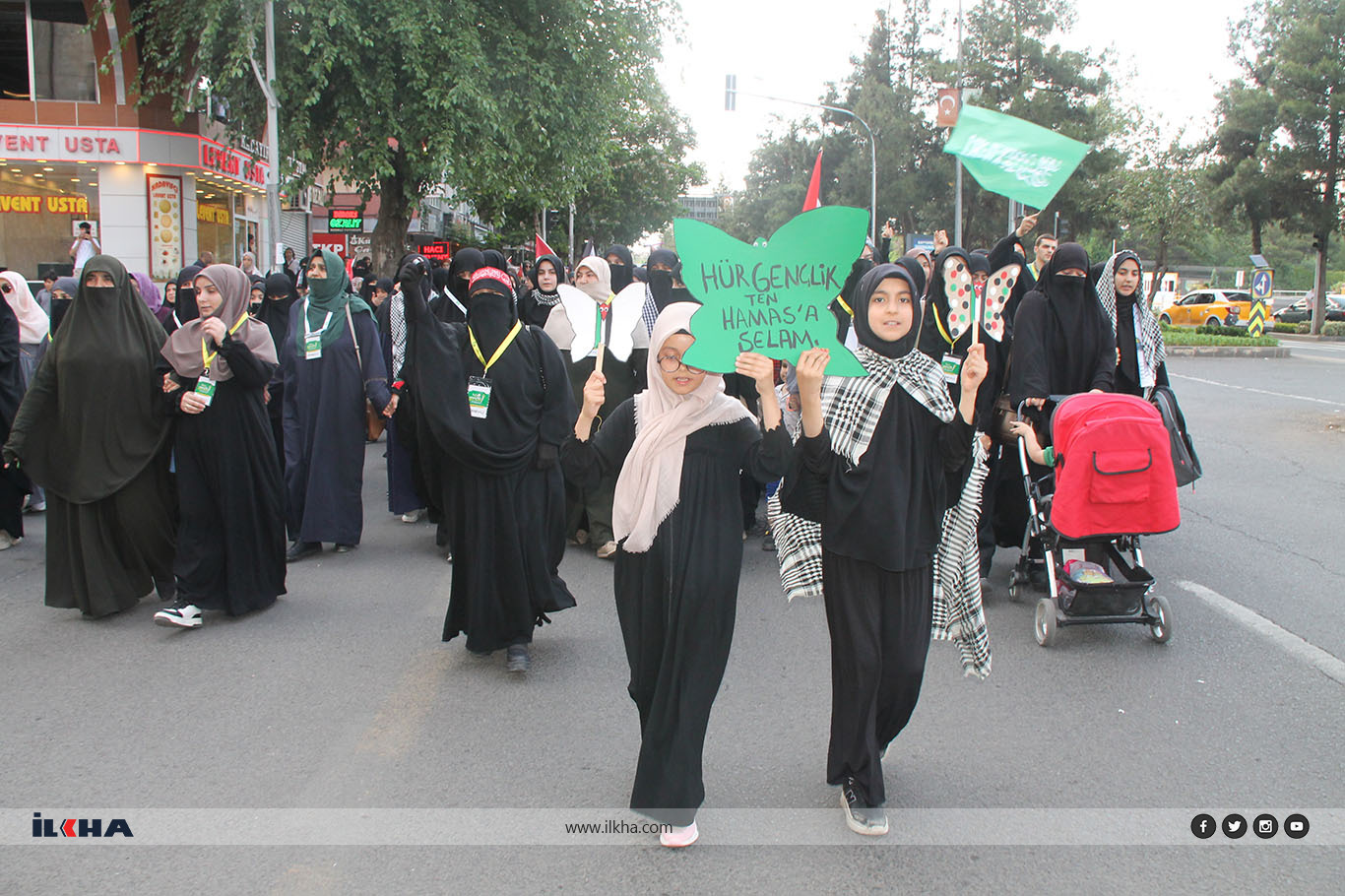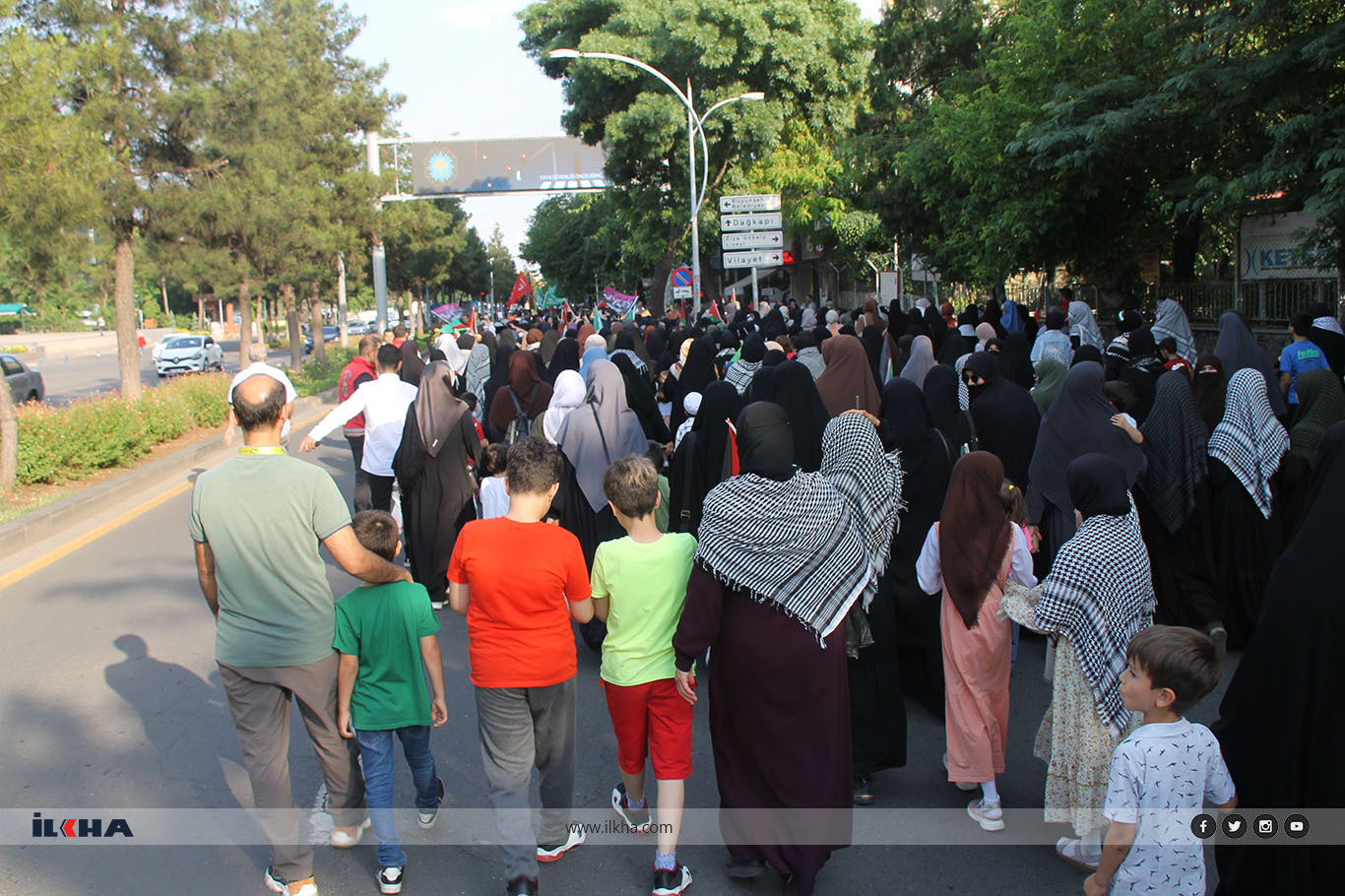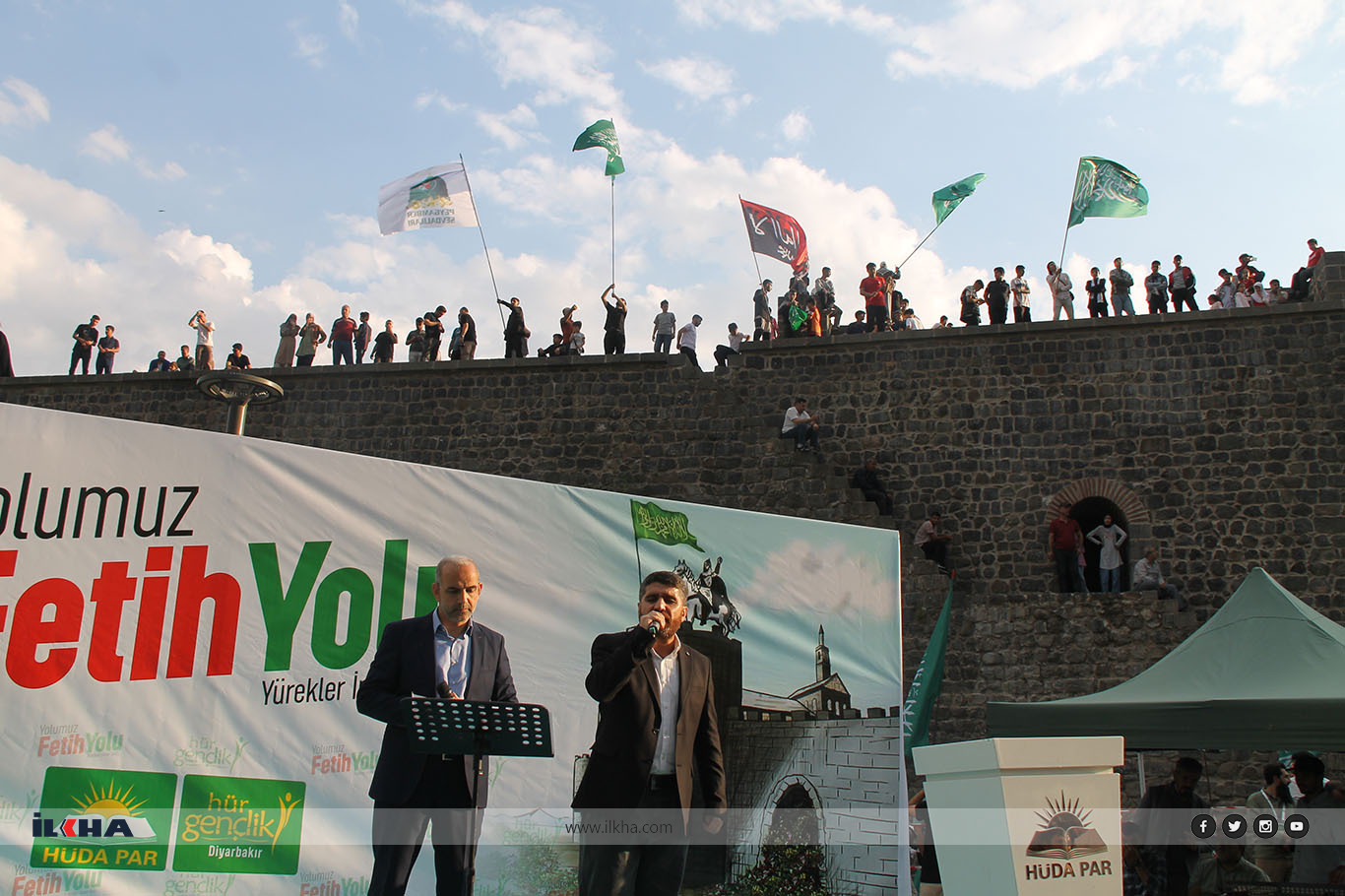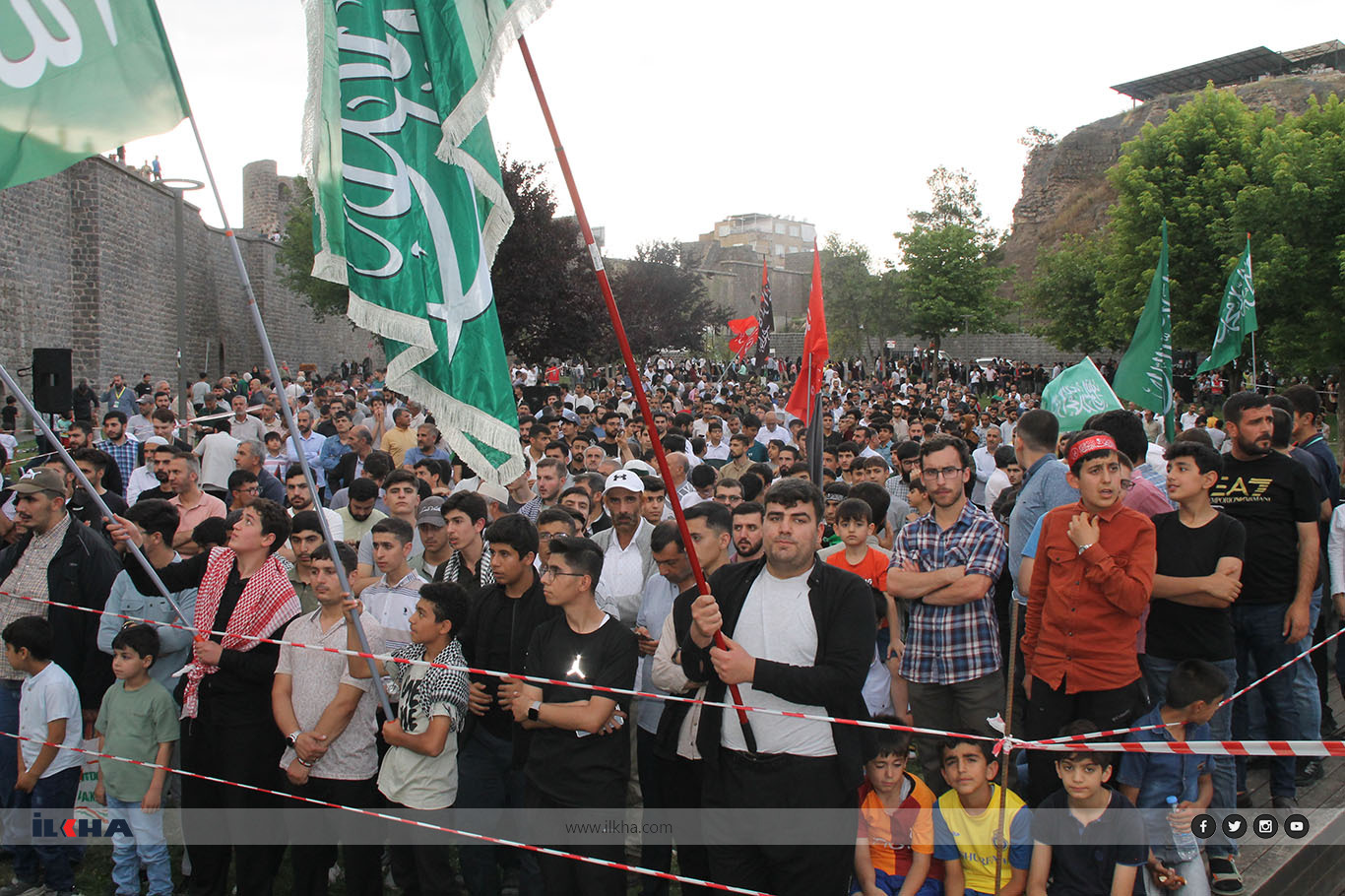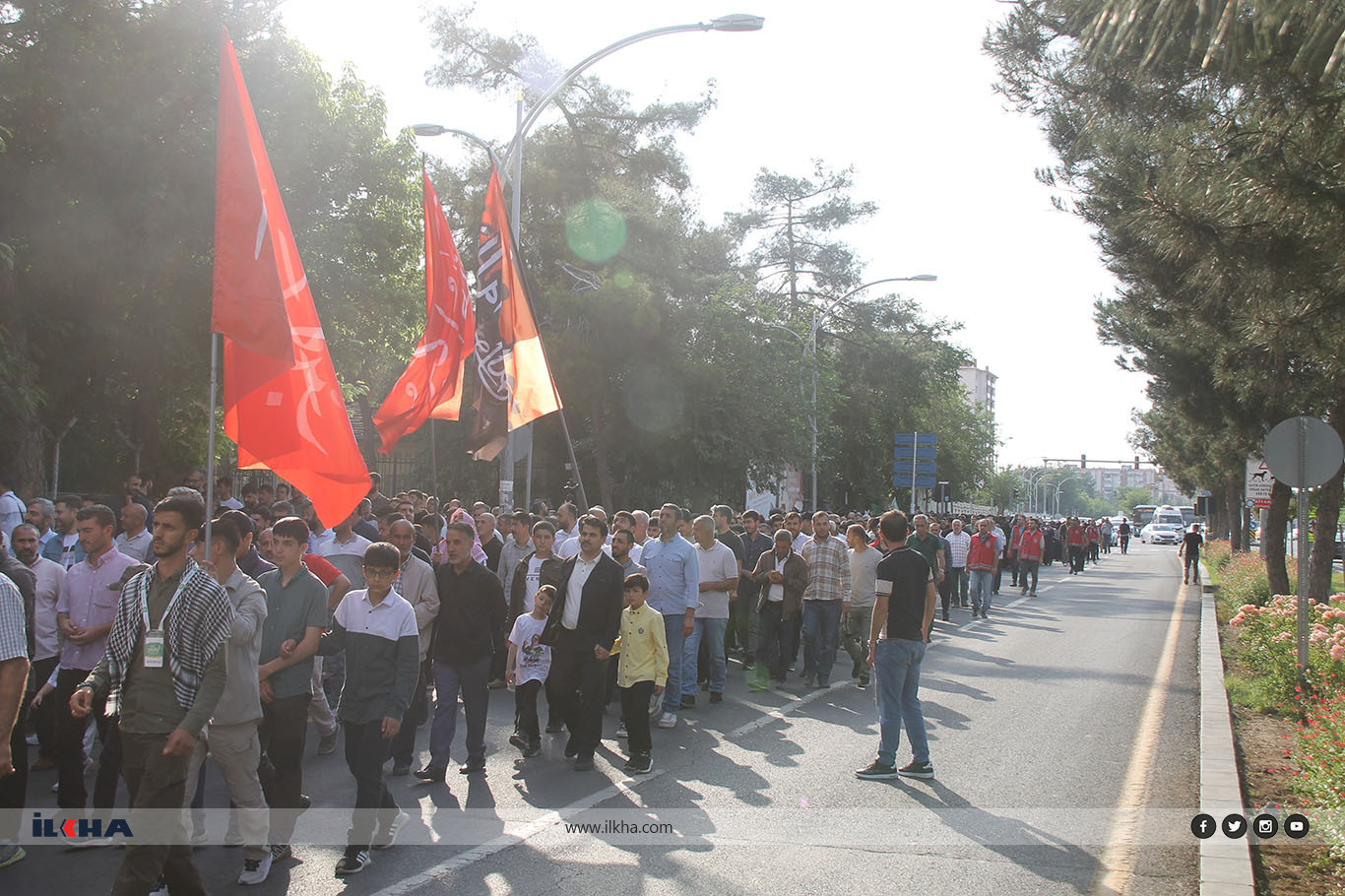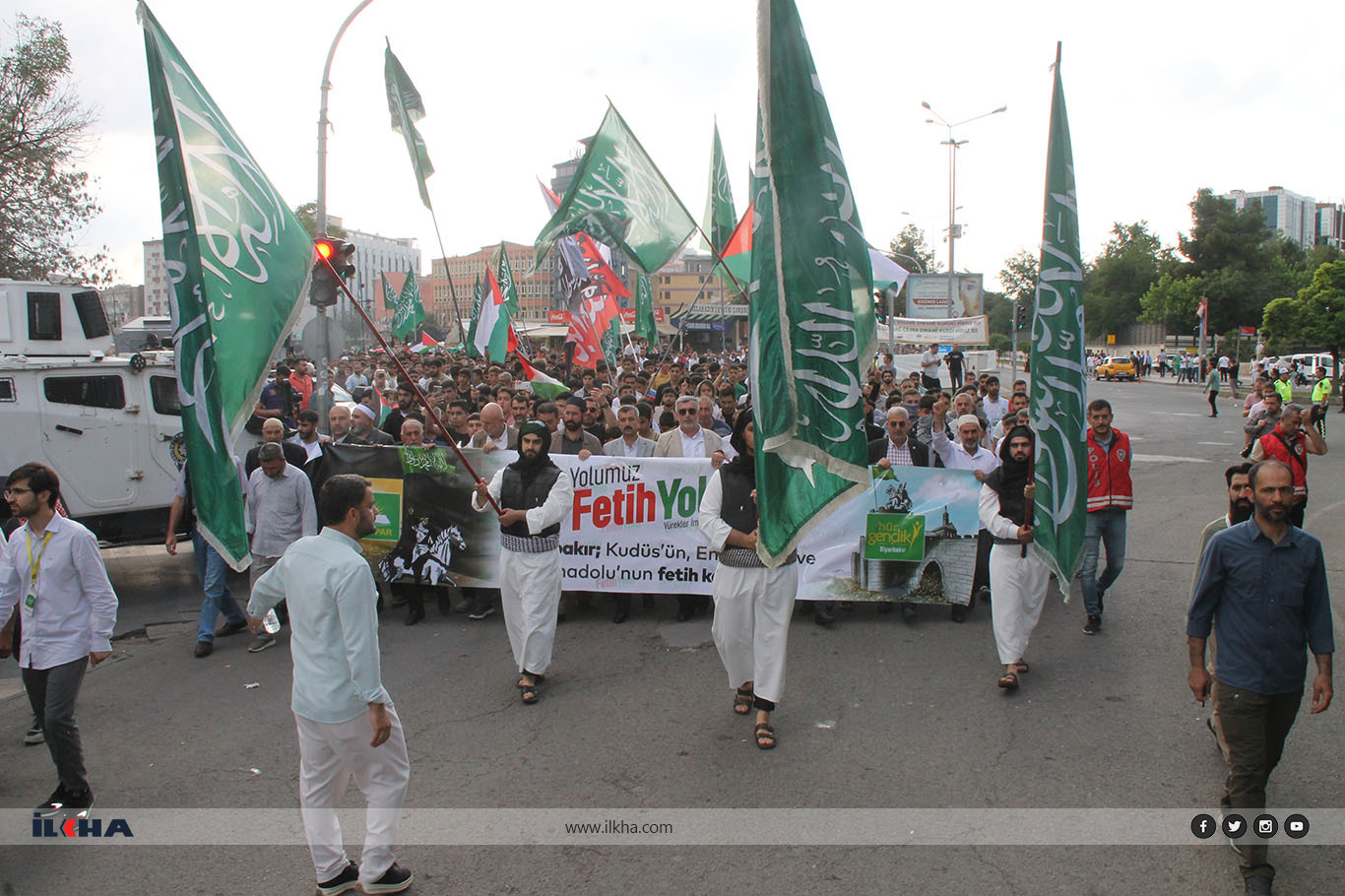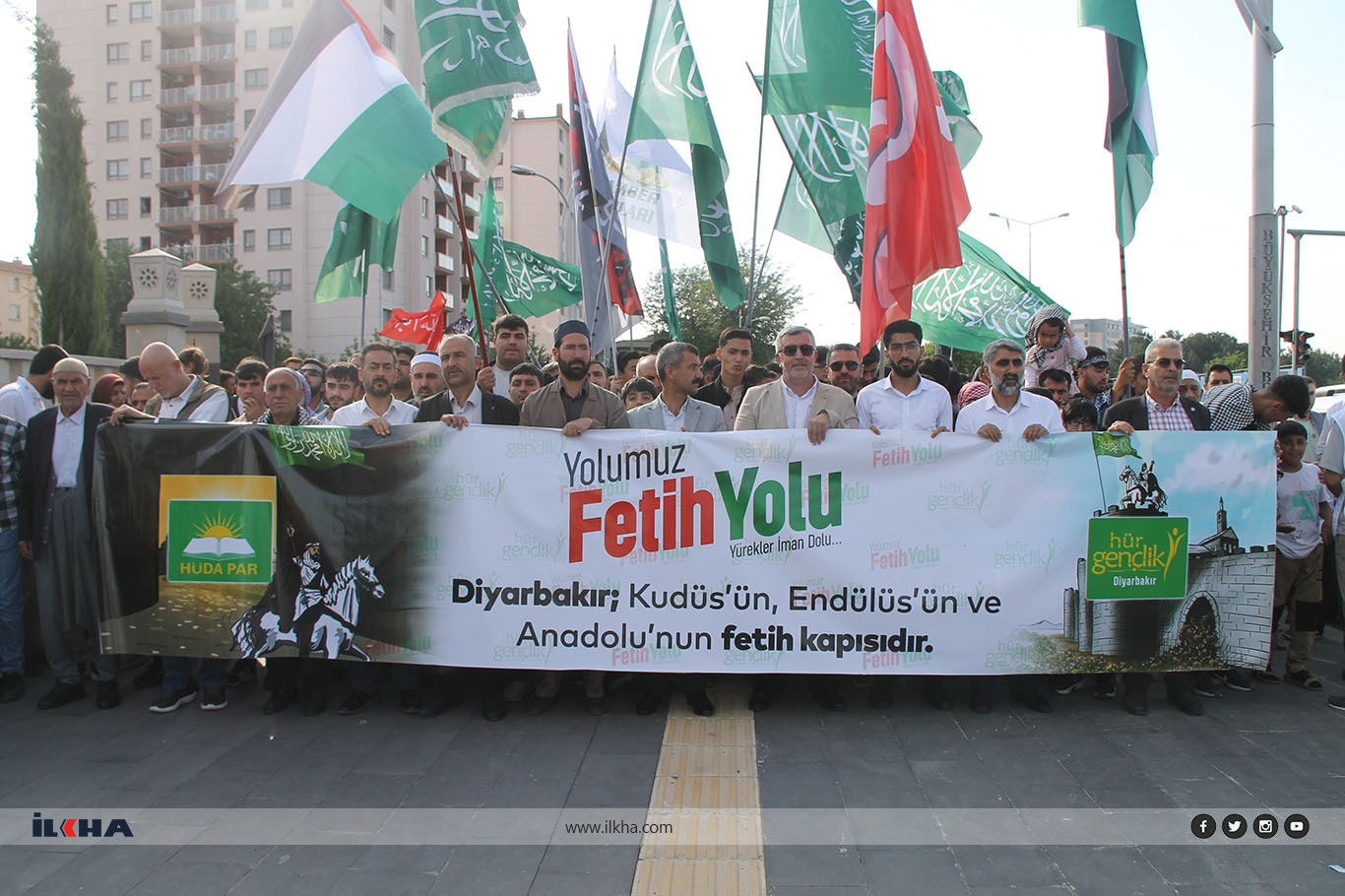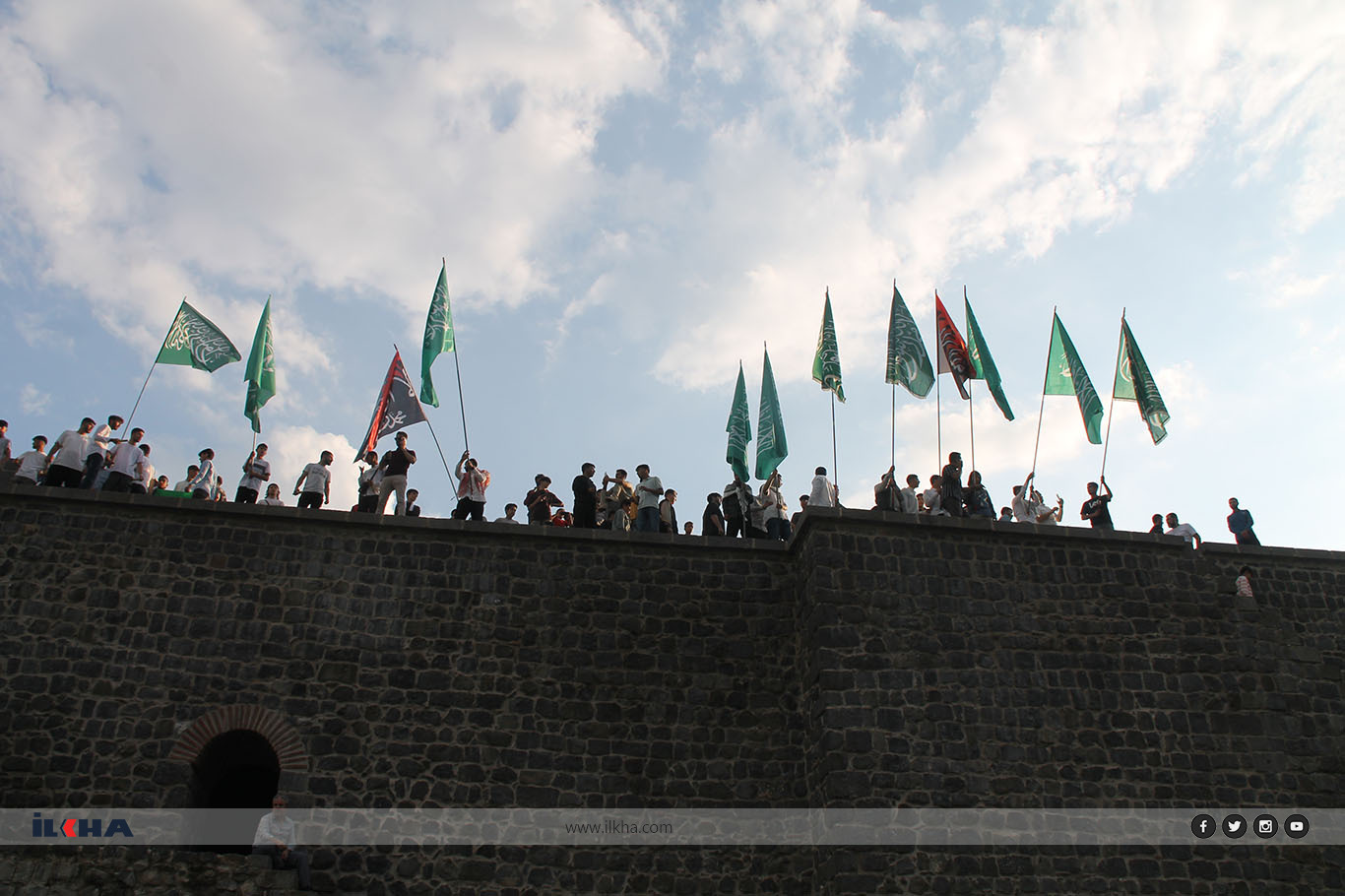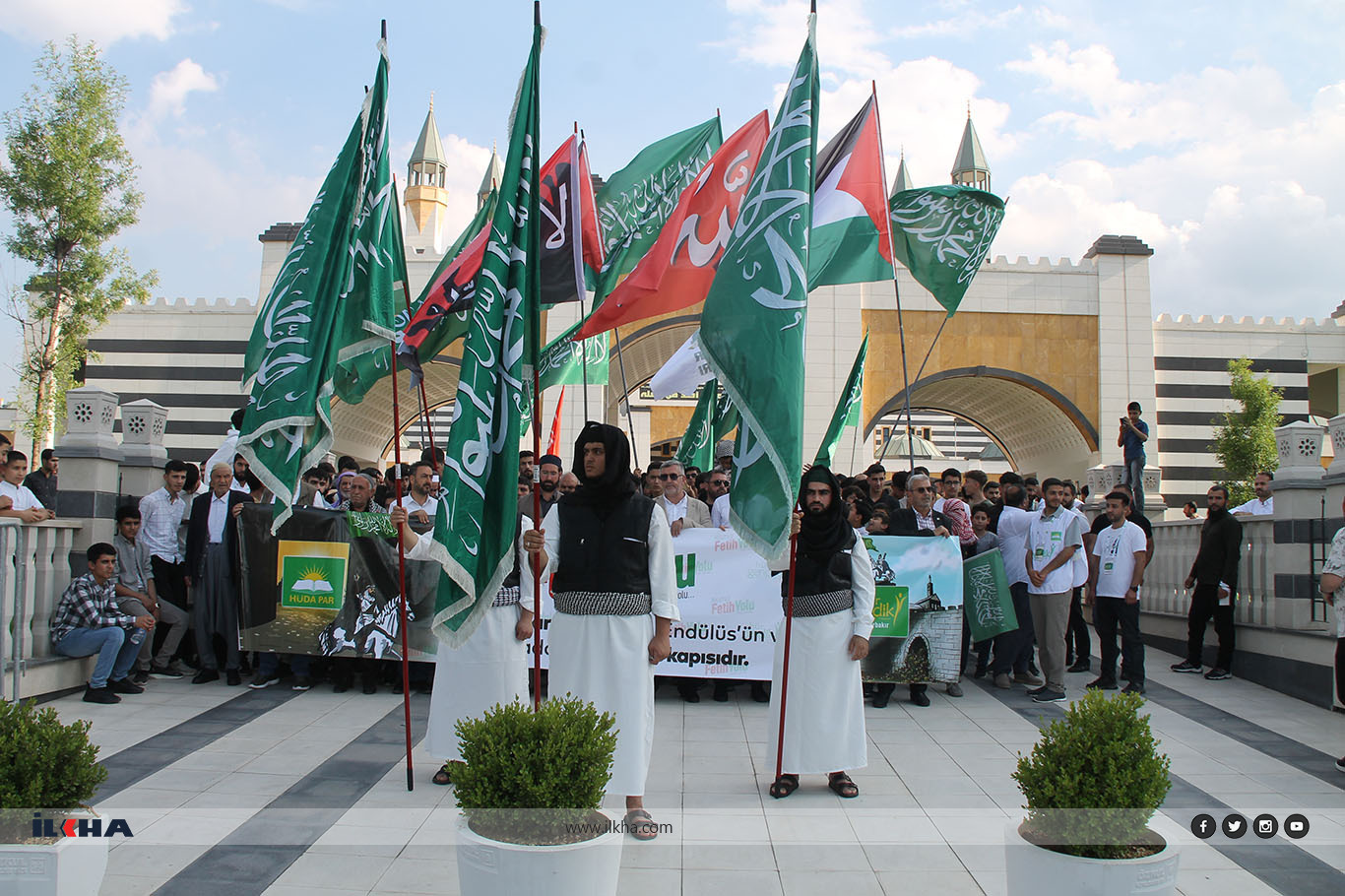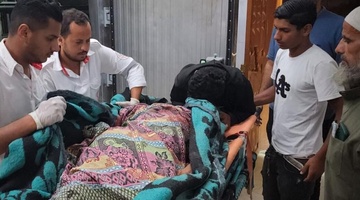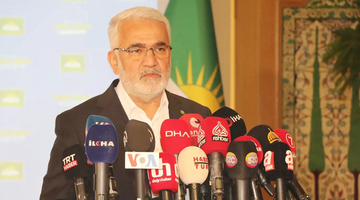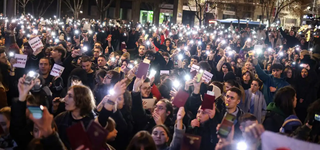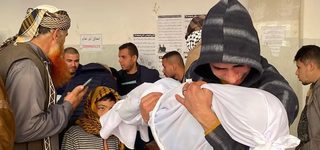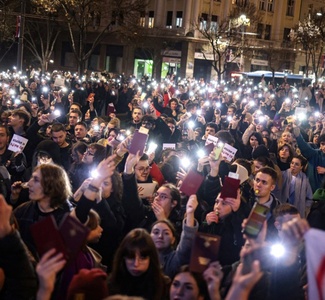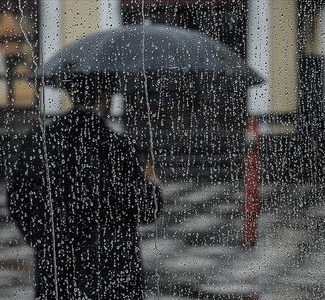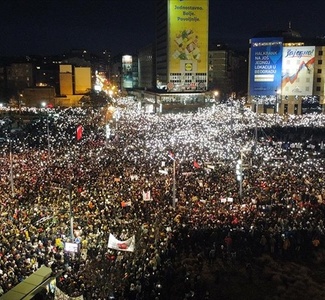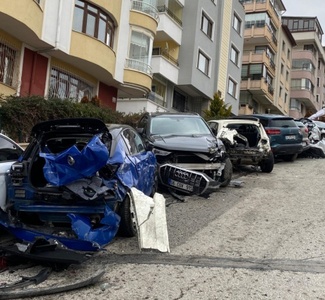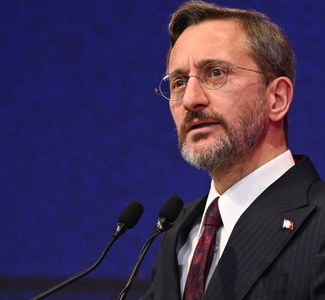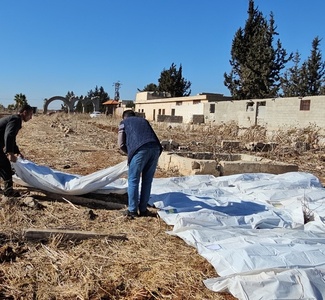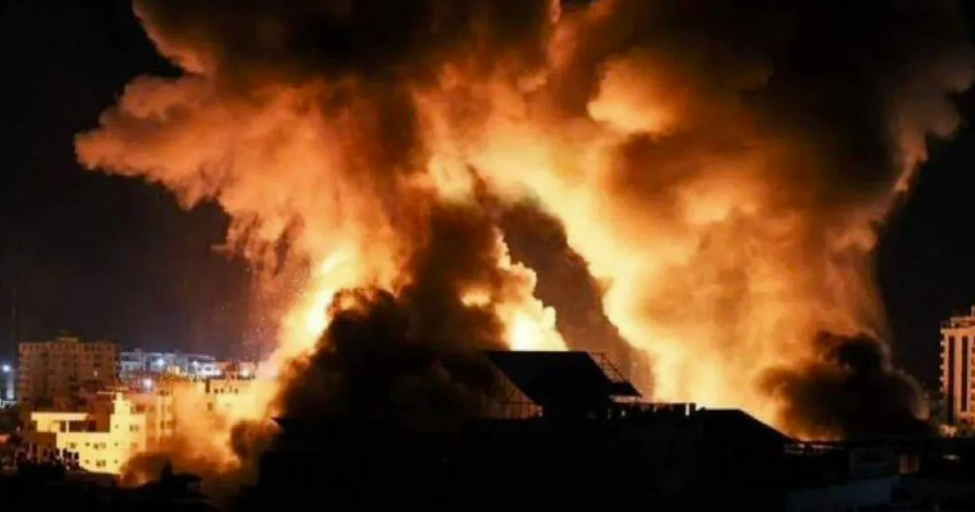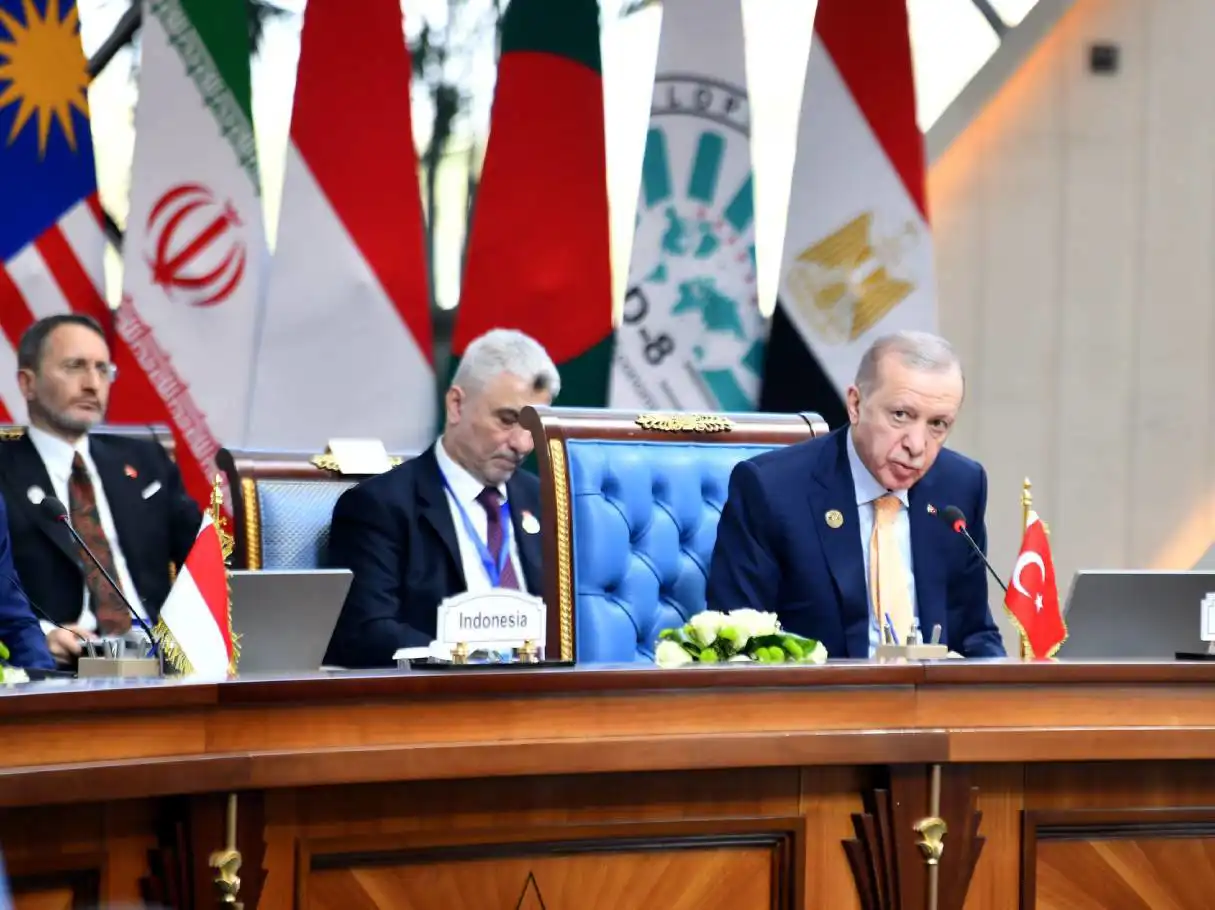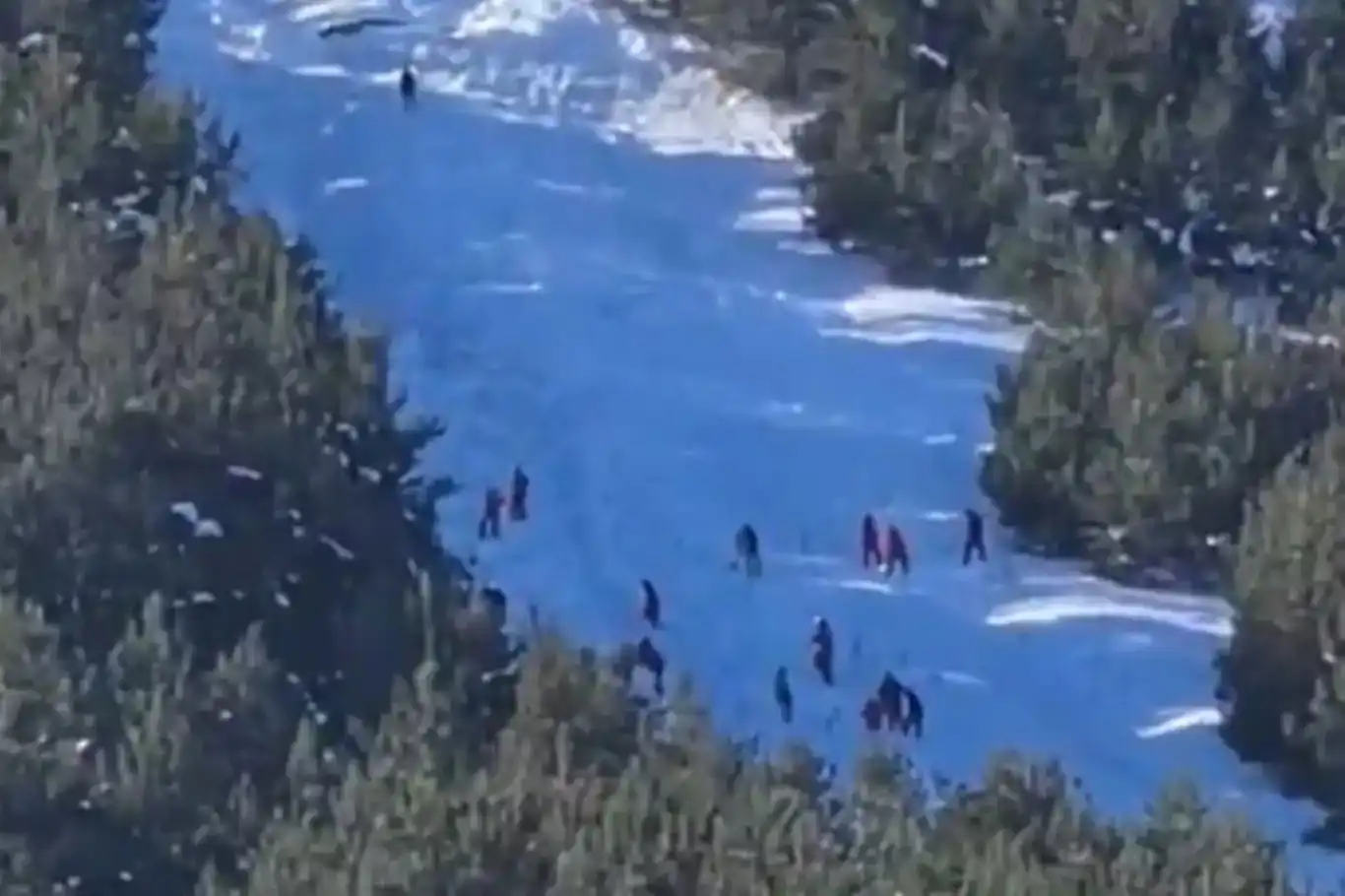HÜDA PAR holds march to mark Anniversary of conquest of Diyarbakır
Diyarbakır commemorated the 1385th anniversary of its conquest by Islamic armies with a march and event organized by HÜDA PAR youth branch.
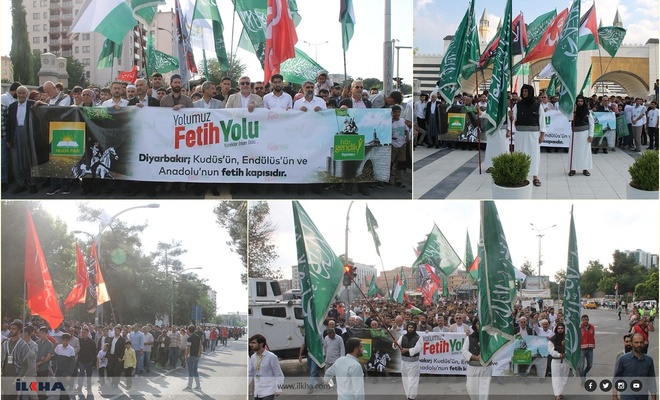
 Google News'te Doğruhaber'e abone olun.
Google News'te Doğruhaber'e abone olun. The march, titled "Our Path is the Path of Conquest," saw residents walk from Saladin Ayyubi Mosque in central Yenişehir district to the Hazrat Süleiman Mosque.
The event at the mosque offered a space for spiritual reflection and historical remembrance. The program commenced with a recitation of the Holy Quran by Mehmet Emin Yılmaz, followed by soulful poetry readings and captivating melodies performed by singers from the Özlem Agency.
Nasrullah Demir, the head of provincial youth branch, delivered a passionate speech highlighting the enduring impact of Islam on the region. He emphasized that for over 13 centuries, the Islamic faith has permeated the land, breathing life and spiritual sustenance into its inhabitants. Demir vividly described the transformative power of Islam, portraying it as a sun that illuminated Diyarbakır in 639, forever banishing the darkness that prevailed before its arrival.
Demir further commemorated the sacrifices made by the Companions who undertook the conquest. He recounted the presence of 1,000 Companions among the 8,000-strong Islamic army, with 27 of them finding martyrdom during the siege. Their blood, he declared, served as a source of life and prosperity for the land. He emphasized their unwavering commitment to spreading the faith, traveling vast distances to deliver the "blessing of Islam" to future generations.
HÜDA PAR Diyarbakır Deputy Provincial Vice President Yahya Oğraş also addressed the gathering, delving into the historical context and significance of the conquest. He characterized the leadership of Caliph Hazrat Umar, renowned for his justice, as a testament to the Islamic emphasis on establishing just rule wherever its influence extended. Oğraş differentiated Islamic conquests from mere territorial expansion, portraying them as endeavors to spread the message of justice and Islamic morals. He presented historical examples of conquests achieved through peaceful negotiation, highlighting the Prophet's approach in Medina and Mecca.
Drawing a parallel between the historic Companions and contemporary figures, Oğraş lauded the unwavering spirit of the Palestinians in Gaza. He compared their resilience in the face of adversity to the perseverance of the Companions, suggesting that they embody the spirit of "mujaddid Companions," those who revive Islamic principles.
Oğraş emphasized that the Islamic army entered Diyarbakır through a tunnel, and expressed hope that the Palestinians, employing similar tactics and unwavering faith, would achieve victory against Zionism. He also refuted misconceptions about Islamic conquests being synonymous with violence and destruction. Oğraş instead portrayed them as a last resort, preceded by attempts at peaceful dialogue and agreements. He highlighted the Islamic approach to warfare as outlined by the Prophet, emphasizing its emphasis on justice and respect for human life. Oğraş concluded by commending the Palestinians in Gaza for adhering to these Islamic principles in their struggle.
The commemorative program concluded with a prayer led by Molla Abdulhakim Avut, leaving a lasting impression on the participants and solidifying the importance of this historic event in the memory of the Diyarbakır community. (ILKHA)
